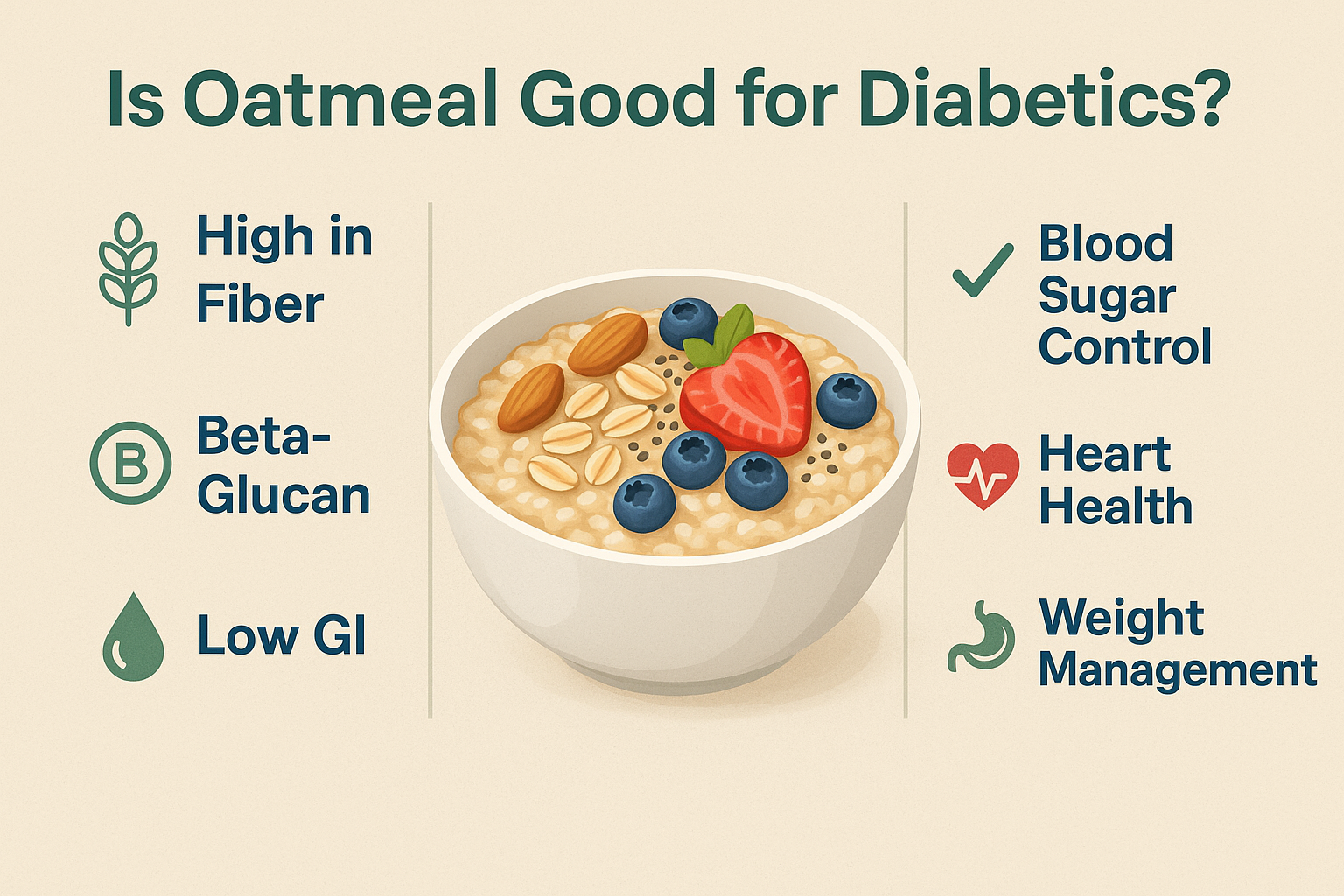By Dr. Antti Rintanen, MD, The Internet Doctor
When people think about improving their health, they often imagine big, difficult changes: intense workouts, restrictive diets, or dramatic life overhauls. But in my work as a physician, I’ve learned that better health rarely comes from extremes. Instead, it builds slowly, day by day, through simple, repeatable daily habits that support the body’s natural systems over time.
Whether you’re managing stress, recovering from illness, or simply aiming to feel more energetic, these small, science-backed health tips can make a meaningful difference. And the best part? Most of them take only a few minutes a day.
Movement as a Morning Signal
One of the most powerful habits to anchor your day is gentle movement early in the morning. You don’t need a full workout to reap the benefits. Just a few minutes of walking, stretching, or breathing deeply while standing upright sends a strong biological signal: the day has begun. This early activation can help regulate your circadian rhythm, improve insulin sensitivity, and set the tone for a more focused, alert day ahead.¹
Research has shown that even low-intensity morning activity helps shift the autonomic nervous system toward parasympathetic (rest-and-digest) dominance, especially when combined with daylight exposure.² So if you’re building a morning routine, try starting with breath and movement instead of caffeine and screens.
Why Regular Eating Patterns Matter
Another underestimated component of better health is meal timing. Many people today graze randomly or skip meals entirely, especially breakfast. This creates blood sugar fluctuations, increased stress hormone levels, and often leads to overeating later in the day.
Structured meal timing helps regulate metabolism, reduce inflammation, and support better energy balance. A recent study showed that consistent meal rhythms improve gut hormone responses and glucose tolerance—both key factors in metabolic health.³ As a daily habit, regular eating patterns are one of the most impactful changes you can make, especially if you’re dealing with fatigue or digestive issues.
Breath as a Health Tool
Most people breathe quickly and shallowly without realizing it, especially during stress. Over time, this breathing pattern reinforces chronic tension, sleep disturbances, and even digestive issues. By contrast, slow, diaphragmatic breathing with longer exhales helps the body enter a calmer state and improves heart rate variability—a key marker of resilience.
Several studies confirm that slow breathing not only reduces anxiety but also lowers blood pressure and supports immune regulation.⁴ It’s a free, accessible health tip that requires no equipment—just intention and practice. Try setting aside two minutes each day for slow, conscious breathing and see how your system responds.
Outdoor Time and Light Exposure
Getting outside—even briefly—has wide-reaching effects on your biology. Sunlight exposure in the morning boosts mood-regulating neurotransmitters like serotonin, while also helping the brain calibrate melatonin release for sleep later at night. The combination of natural light and movement (like walking) supports circadian health, mental clarity, and even immune regulation.⁵
Even if your schedule is tight, a ten-minute walk outside or sitting by a sunny window can serve as a potent reset button. These small adjustments accumulate over time, supporting not just your energy levels but your hormonal and neurological rhythms as well.
Building Better Health Through Repetition
What I emphasize to patients is that better health doesn’t come from doing something once—it comes from doing something often. The body doesn’t respond to perfection. It responds to consistency. You don’t need perfect nutrition, flawless sleep, or an ideal exercise routine. You need patterns you can repeat—even when life gets busy.
Think of these health strategies like investments. A single deposit won’t change much. But small, regular deposits—stretching in the morning, drinking water before coffee, pausing to breathe slowly, or getting sunlight early in the day—compound over weeks and months. They shift your nervous system, strengthen your immunity, and create the conditions for deeper healing.
And perhaps most importantly, these daily habits give you a sense of control. In a world where so much feels unpredictable, knowing that you’re doing a few small things each day to support your long-term health is deeply grounding.
Final Thoughts
If you’re looking for realistic, science-based ways to feel and function better, don’t look for a dramatic fix. Instead, ask: what’s one small thing I can do today that aligns with the biology of healing? Pick one or two habits that feel doable. Practice them daily. And let the quiet repetition do the work.
In time, you’ll discover what many of my patients do: that the best health tips are usually the simplest. And that sustainable, long-term wellness doesn’t come from extremes—but from a few well-chosen rituals, practiced consistently, in service of a healthier, more resilient you.

About the Author
Dr. Antti Rintanen is a Finnish medical doctor and founder of The Internet Doctor. He specializes in making clinical science practical, offering real-world strategies for movement, sleep, energy, and mental clarity. His work combines the precision of medicine with the flexibility of everyday living.
References
- Scheer FAJL, Morris CJ, Shea SA. The internal circadian clock increases hunger and appetite in the evening independent of food intake and other behaviors. Obesity (Silver Spring). 2013;21(3):421–423. https://pmc.ncbi.nlm.nih.gov/articles/PMC3655529/
- Teo W, Newton MJ, McGuigan MR. Circadian rhythms in exercise performance: implications for hormonal and muscular adaptation. J Sports Sci Med. 2011;10(4):600–606. https://pmc.ncbi.nlm.nih.gov/articles/PMC3761508/
- Jakubowicz D, Barnea M, Wainstein J, Froy O. High caloric intake at breakfast vs. dinner differentially influences weight loss and glycemic control in overweight and obese women. Obesity (Silver Spring). 2013;21(12):2504–2512. https://pubmed.ncbi.nlm.nih.gov/23512957/
- Lehrer PM, Vaschillo E, Vaschillo B. Resonant frequency biofeedback training to increase cardiac variability: rationale and manual for training. Appl Psychophysiol Biofeedback. 2000;25(3):177–191. https://pubmed.ncbi.nlm.nih.gov/10999236/
- Czeisler CA, Duffy JF, Shanahan TL, et al. Stability, precision, and near-24-hour period of the human circadian pacemaker. Science. 1999;284(5423):2177–2181. https://pubmed.ncbi.nlm.nih.gov/10381883/


